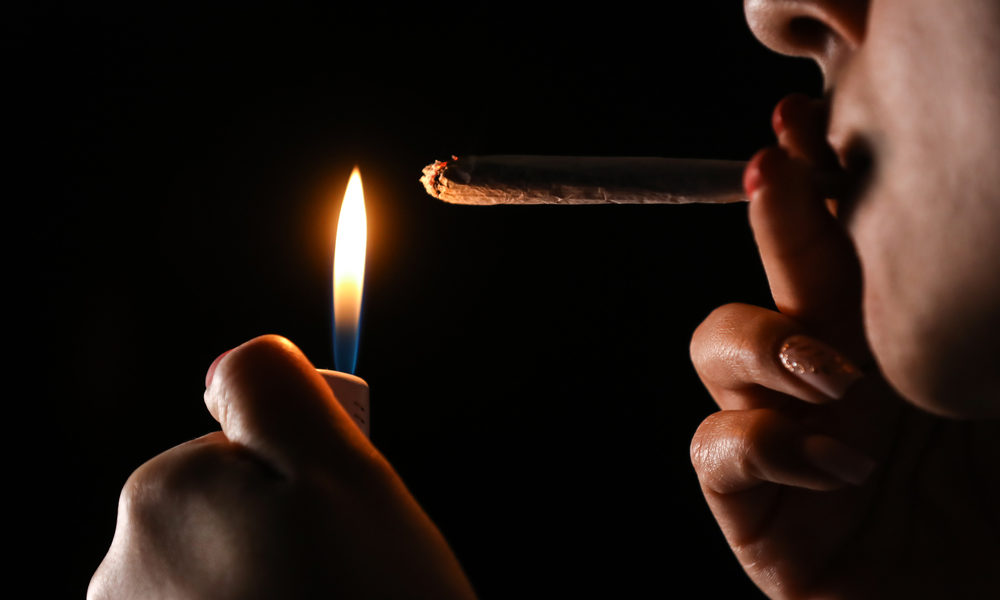A study recently published on JAMA Open Network asks one simple question: does cannabis legalization lead to an increase in psychosis-related healthcare claims?
We’re sure you’ve seen the news headlines claiming the allegations are true. In fact, such claims have been an arguing point for legislators that still oppose cannabis legalization.
But how much weight do these claims really hold in a medical discussion?
It’s no secret that cannabis can cause psychosis in certain individuals. While not always the case, many of these instances occur in individuals who are simply inexperienced in cannabis—inevitably, taking more than they can handle.
Furthermore, there’s evidence to suggest that cannabis can trigger psychosis-related symptoms. Namely, in individuals who are already vulnerable to these symptoms, such as schizophrenia patients.
Still, for the general population, a cannabis-induced psychosis doesn’t seem to be much of a concern. And this recent study by JAMA Open Network gives us evidence as to why.
Through the Optum Clinformatics Data Mart Database, the researchers were able to investigate over 63 million identified claims that had occurred between January 1, 2003 and December 31st, 2017. They specifically sought after beneficiaries who were 16 years of age or older, and held at least one month of insurance eligibility throughout the study period.
As a retrospective cohort study, all panels were fixed to analyze specifics such as the state and month and what the cannabis policies were in that respective time and location.
Furthermore, the researchers used a variety of unique claims concerning psychosis-related diagnoses, other medications that may have been prescribed (such as antipsychotics) and the follow-ups from these specific individuals.
Throughout the above-mentioned time frame, there were over 7 million psychosis-related diagnoses and more than 20 million prescriptions for antipsychotics. Not to mention, 29 states had enacted either recreational or medicinal cannabis legalization.
From this analysis, the study concluded that in states with legalization policies, there was no significant increase in either psychosis-related diagnoses or prescriptions for antipsychotics.
More Specifics and Future Research on Psychosis Needed
To get even more specific, there were some minor changes observed. For example, men ages 55 to 64 saw a slight increase in psychosis-related diagnoses. Namely, among Asian demographics.
Admittedly, this data was limited. As mentioned, it only looked into insured individuals and rates may differ among those who are uninsured.
Still, the researchers hope to continue looking into this data more thoroughly. There are plans to continue investigations by looking into social safety net programs and rates of comorbid substance abuse.
Even more so, it’s quite obvious that cannabis legalization is not leading to a rise in psychosis. Well, at least not a rise among diagnoses within individuals who hold insurance.
With that said, it’s safe to say this counterpoint to legalization is now invalid. And those who continue to take this claim are likely the same individuals who had never tried cannabis, to begin with.
In terms of future research, beyond what the investigators have already laid out, we also have an interest in the result of cannabis-induced psychosis. In other words, does such a diagnosis lead to further required healthcare and lasting damage to the individual?
As we’ve discussed, such cases will likely occur in people who are already vulnerable to psychosis-related health conditions. But for the general population, we’d like to see what the risks are and how substantial they weigh in compared to the positive effects of marijuana legalization.
THE FIRST E-COMMERCE SPECIALIZED ON TRUFFLES AND TRUFFLE PRODUCTS – TRUFFLEAT.IT

